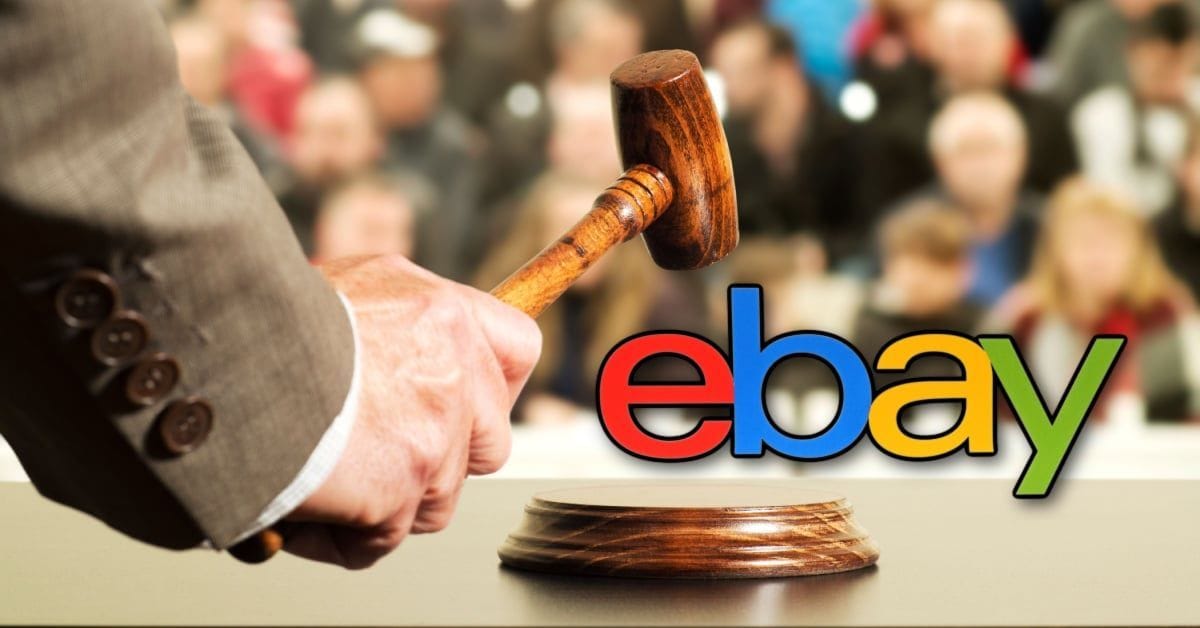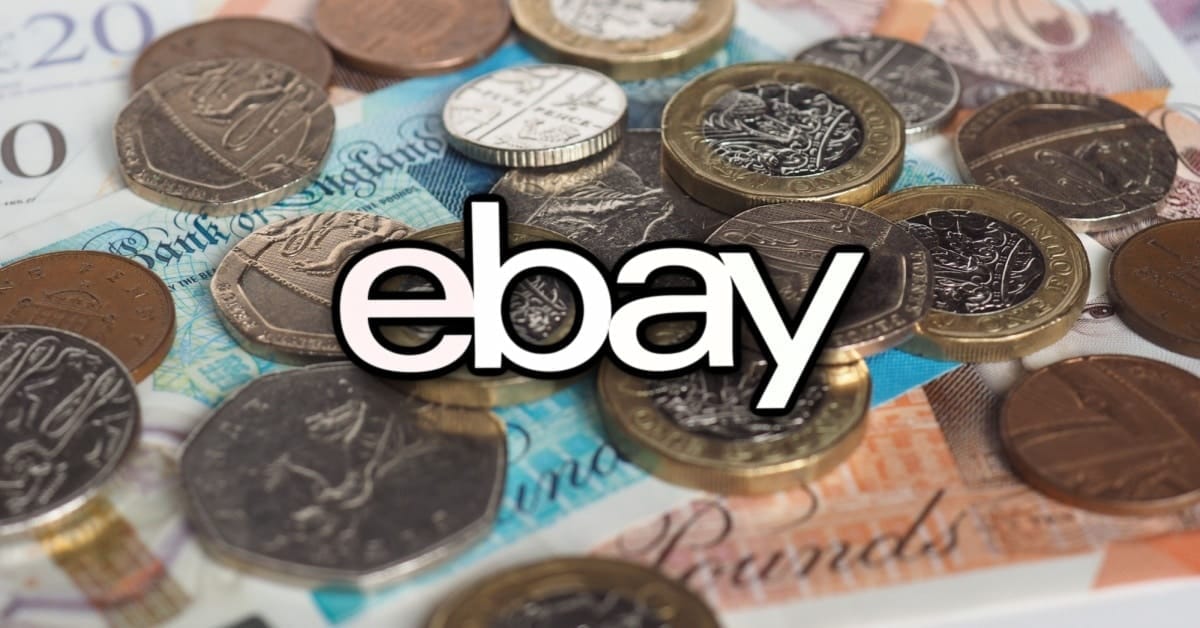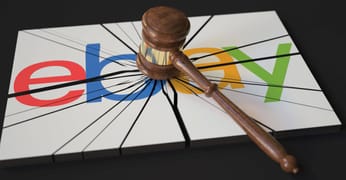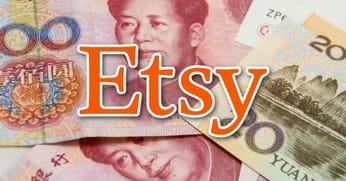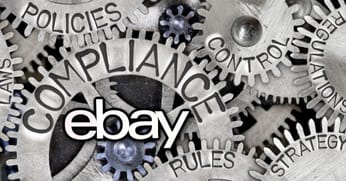Fraudster Steals $2 Million Using 500+ Fake eBay & PayPal Accounts In Triangulation Scheme
A Carmel, Indiana man has been sentenced to more than eight years in prison and ordered to pay $217,147.87 in restitution after pleading guilty to more than two dozen federal offenses, including wire fraud, aggravated identity theft and money laundering related to a years long international fraud scheme.
The crimes included the use of stolen identities and credit cards, as well as more than 500 fraudulent PayPal and eBay accounts, to commit over $2 million fraud, according to the Department of Justice (emphasis mine).

Tuong Quoc Ho, a/k/a Robert Parker, 36, a resident of Carmel, Indiana, has been sentenced to 102 months in federal prison after pleading guilty to twenty counts of wire fraud, two counts of aggravated identity theft, one count of possession of multiple unauthorized access devices, one count of unlawful possession of identification, and two counts of money laundering.
According to court documents, beginning in 2013 and lasting through February of 2020, Ho devised and led a complex, international scheme to defraud multiple victims throughout the United States and abroad of approximately $2 million.
To carry out the scheme, Ho and his co-conspirators unlawfully obtained personally identifiable information (“PII”) including names, addresses, dates of birth, phone numbers, social security numbers, and credit card numbers of hundreds of victims throughout the United States and worldwide. They used that PII to create fraudulent PayPal and eBay accounts in the victims’ names.
Ho then placed expensive items, such as Vera Bradley handbags, American Girl dolls, PlayStations, and blood pressure monitoring devices for sale on eBay.
Ho did not have the majority, if any, of the items on hand at the time of the sale, but instead purchased the items after they were sold through online retailers using stolen credit card information that he unlawfully obtained, and had those items directly shipped from the retailer to the buyer.
Ho and his co-conspirators sold many of the items at prices lower than market value, but still profited off those items because they were purchased with stolen credit cards.
Ho linked his personal bank information to the fake PayPal and eBay accounts and collected the money. Ho’s personal bank accounts were linked to over 500 hundred fraudulent PayPal accounts. When PayPal suspected suspicious activity on the account, it restricted the accounts and required additional documentation to re-establish access. Ho modified and used PII of identity theft victims to create fraudulent driver’s licenses, passports, utility bills, and bank statements to make them appear to belong to the account holder.
In total, Ho stole over $2 million and wired $1.2 million to family and other individuals in Vietnam. Ho also laundered the money, using over $300,000 to purchase his home in Carmel, Indiana.
On October 24, 2018, Carmel Police Department officers executed search warrants at Ho’s residence and other buildings owned by Ho and arrested him on state charges. CPD recovered over 400 packages of merchandise addressed to Ho’s alias, “Robert Parker.” At least $78,000 worth of that merchandise was purchased with stolen credit cards. Ho continued to operate his scheme after his home was searched by law enforcement until his arrest by federal authorities in 2020.
“Over seven years, the Defendant stole hundreds of identities and millions of dollars, exploiting eCommerce and financial platforms in a complex international scheme,” said Zachary A. Myers, U.S. Attorney for the Southern District of Indiana. “Making the public safer from these pernicious identity theft schemes is a critical priority for our office, in partnership with outstanding investigators like the FBI and Carmel Police Department. The serious federal prison sentence imposed today should serve as a warning to fraudsters that we are dedicated to finding you and holding you accountable for the harm you cause.”
The sophisticated fraud scheme described here is called triangulation fraud and it's been rampant on eBay for years.

Triangulation fraud occurs when a buyer makes a genuine purchase on a third-party marketplace, but the seller fraudulently purchases the product from another legitimate merchant, using a stolen credit card for that purchase.
How Does Triangulation Fraud Work?

First, the fraudulent seller creates listings on a third party platform or marketplace for items they do not have in their possession.
An unsuspecting buyer sees the listing, usually at a "too good to be true" price, and buys the item.
The fraudulent seller then goes to a legitimate ecommerce website or marketplace selling the item, places an order to ship to the unsuspecting buyer and uses a stolen credit card for this transaction.
The legitimate merchant ships the order, not realizing it was fraud until weeks later when they receive a chargeback from the actual credit card holder.
The unsuspecting buyer receives the item they purchased and may not even realize there was fraud involved, often leaving positive feedback for the fraudulent seller.
Krebs On Security wrote a fantastic article about triangulation fraud in 2015. Interestingly, the triangle graphic used in this article actually came from an eBay help page at the time - showing eBay has been aware of this fraud for many years.
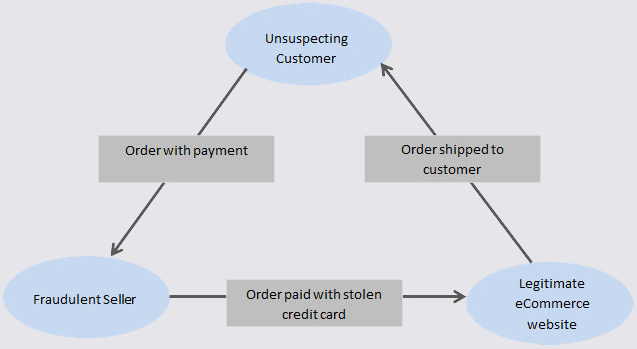
Dr. Nina Kollars, an Associate Professor in the Cyber and Innovation Policy Institute at the United States Naval War College, also shed light on what triangulation fraud is like from the buyer perspective in her Confessions of an Nespresso Money Mule at DEFCon 2019.
I've personally experienced this fraud perpetrated through eBay in 2020, when it hit my then-employer to the tune of over $160,000 in less than 4 months, using over 150 suspected fake or hijacked eBay accounts.
After contacting Florida Attorney General Ashley Moody's Office with my concerns, the matter was promptly punted back to eBay's PROACT (Partnering with Retailers Offensively Against Crime and Theft) department, citing a direct complaint process they had with eBay.
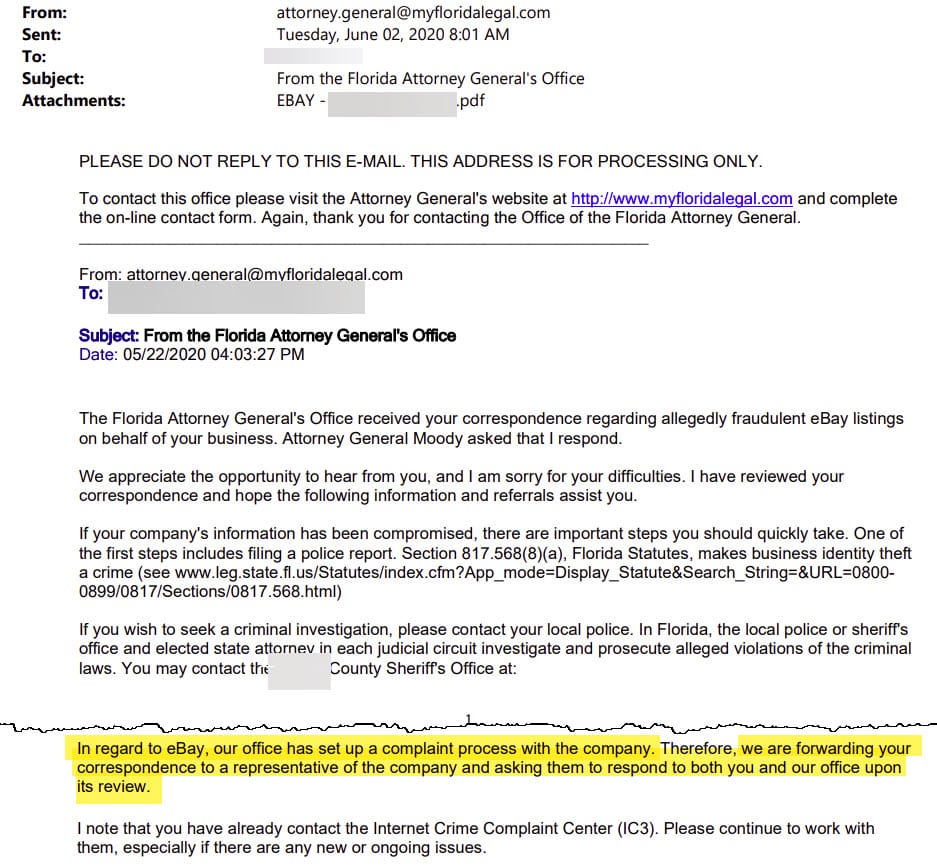
Upon receiving the complaint, eBay responded saying they would investigate and take appropriate action - which was apparently enough to get a rubber stamped "case closed" from Moody's office.
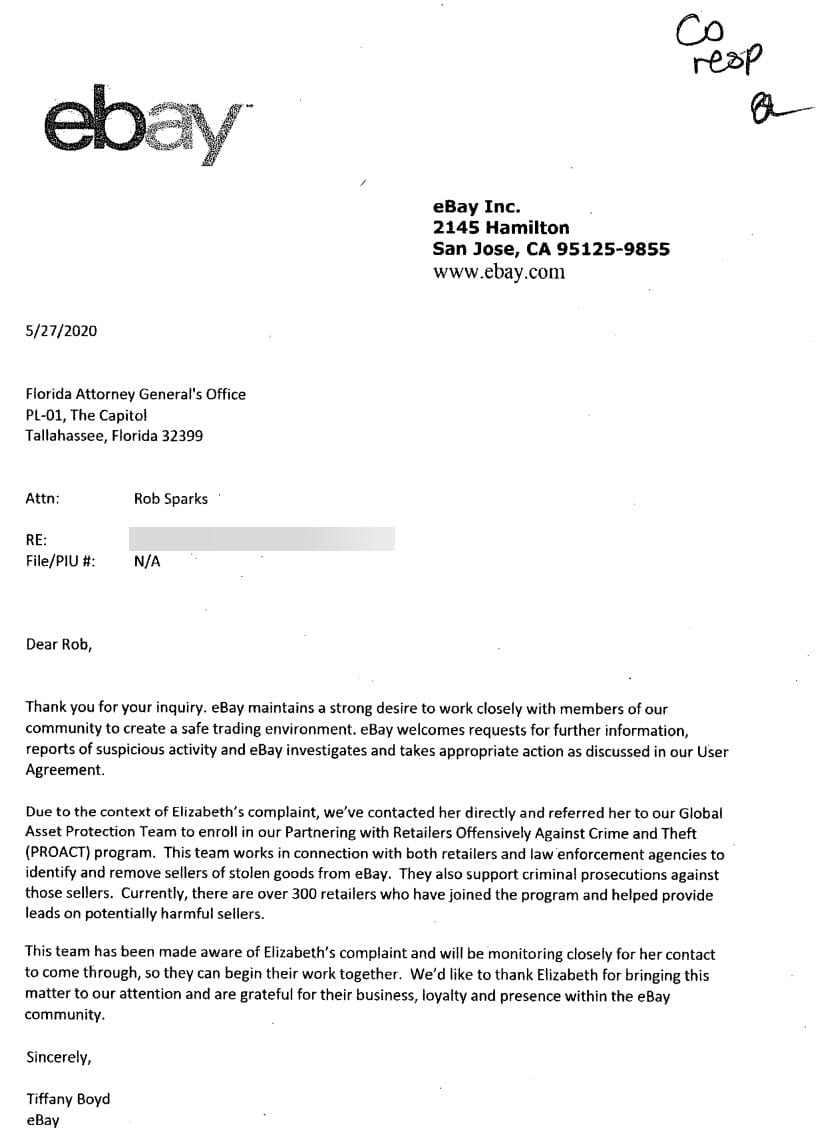
Unfortunately, despite the cute acronym, PROACT was anything but proactive. They stonewalled, pretended to send emails that "must have gone to the spam folder" (they didn't), and then eventually just stopped responding at all.
I had undertaken an extensive investigation of this fraud in my role for the company, in an effort to try to stop the losses, and offered everything I had found to PROACT on a silver platter - including a list of tracking numbers for all the fraudulent purchases in a 6 month timeframe that eBay could have easily cross referenced in their systems to identify potentially hundreds of accounts used for fraud on their platform.
To my absolute and utter astonishment, PROACT declined to accept any of the information I offered, assuring me they had their own proprietary algorithms to flag fraudulent activity on accounts and appropriate action would be taken, which clearly never happened.
Ho's $2 Million scheme appears to have been effective in large part due to PayPal and eBay not shutting it down despite a clear pattern of suspicious activity that should have been caught and stopped much sooner - not to mention the fact that the activity continued for 2 years between when Indiana police arrested him on state charges and when the feds finally got involved.
Where was eBay's Security Department during that time (2018-2020)? Oh yeah, that's right...some of them were busy committing federal felonies of their own, led by Senior Director Security, Jim Baugh.
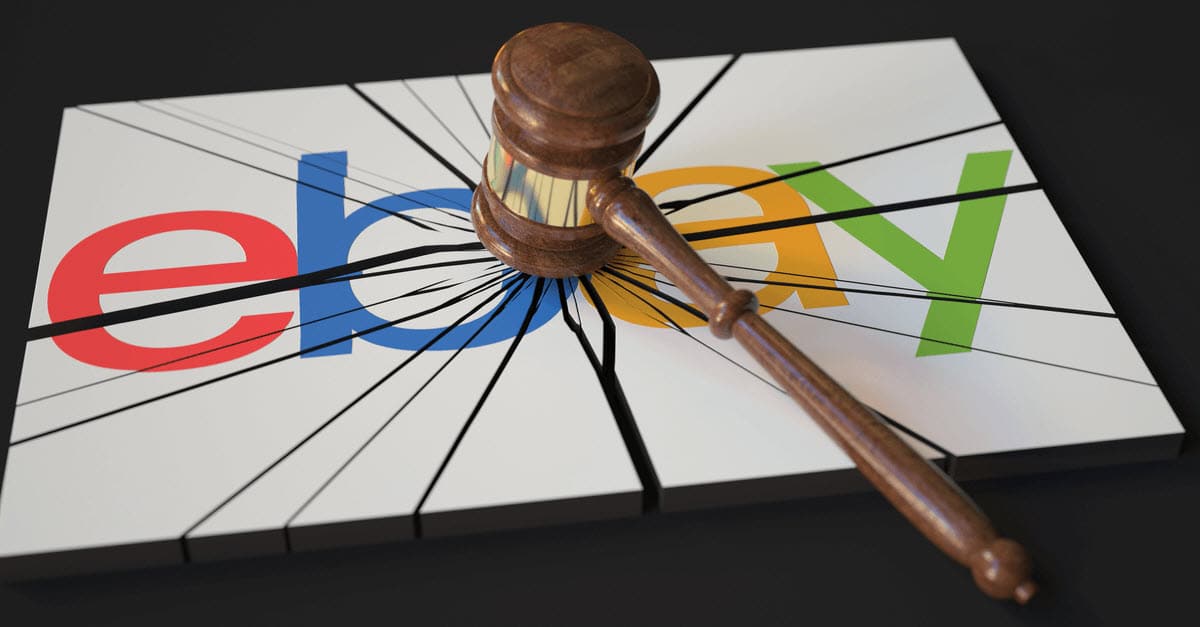
eBay's use of PayPal as a payment processor came to an end starting in 2018, which then made eBay directly responsible for following Know Your Customer and Anti-Money Laundering laws and regulations as they undertook a transition to Managed Payments that was finally completed in 2021.
When 1099-Ks were issued in 2022 covering tax year 2021, more fraudulent activity was uncovered as people who had never bought or sold on the eBay began to receive tax forms for tens of thousands of dollars in sales on fraudulent accounts created using their stolen identity information.
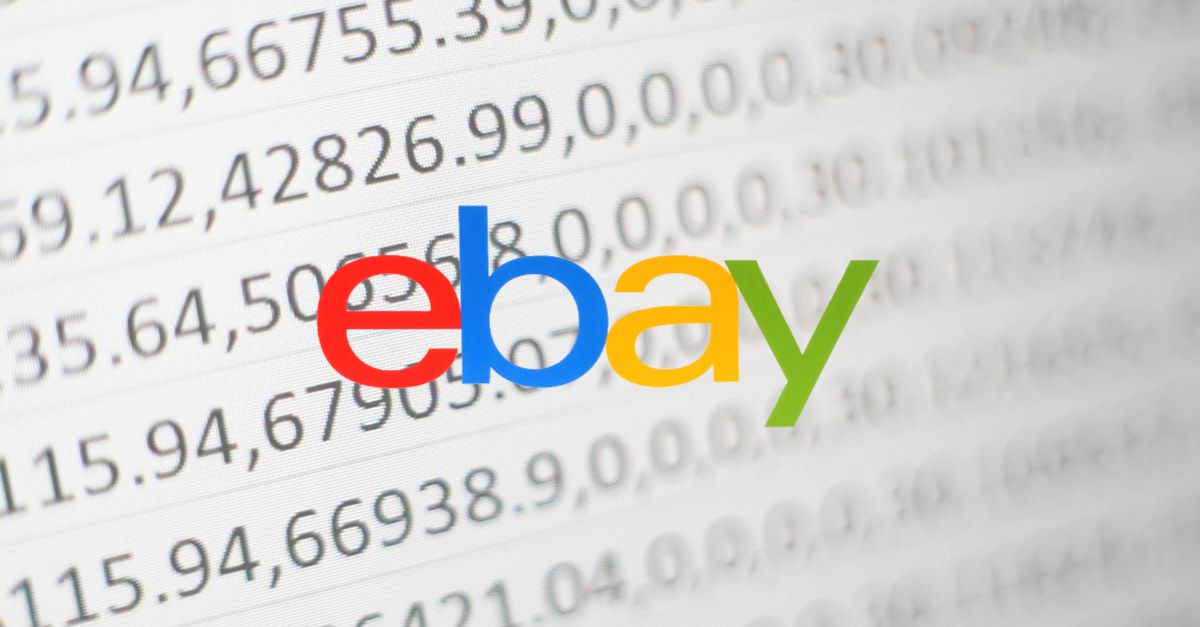
The total scope of public and private reports we received added up to over $750,000 across 76 accounts, but we firmly believe that was only a drop in the bucket and many of the accounts we viewed showed red flags of engaging in triangulation fraud.
In a 10-Q report filed with the SEC in November 2023, eBay was forced to disclose a mysterious, but seemingly significant, 2022 consumer fraud incident.
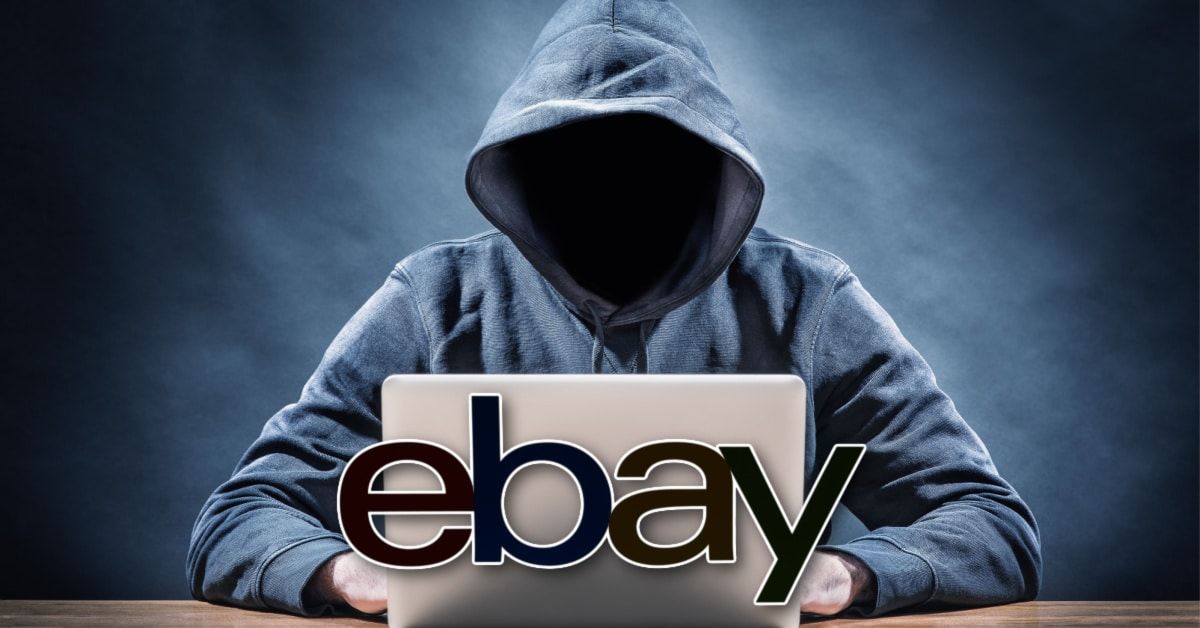

The increase in provision for transaction losses during the three months ended September 30, 2023 compared to the same period in 2022 was primarily due to $11 million in bad debt expense resulting from the recovery of losses related to a non-recurring consumer fraud incident in 2022.
Unfortunately, the 10-Q does not provide any further details and eBay press and investor relations never responded to requests for comment, leaving the matter open to speculation.
Congress passed the INFORM Consumers act in 2022, requiring eBay and other marketplaces to verify identities and disclose addresses and phone numbers for sellers that reach certain thresholds of sales through their platforms, effective June 2023.

It's yet to be seen how effective this law will be in curbing triangulation and other forms of online fraud, but it's telling that many marketplaces waited until they were forced by government edict to enact stricter seller vetting policies instead of taking on the problem "proactively" themselves years ago.
Kudos to U.S. Attorney Zachary A. Myers, the FBI, the Carmel Police Department and everyone else involved in bringing Ho to justice.
Now it's time for eBay to start getting serious about addressing the rampant and ongoing fraud enabled by and perpetrated through their platform on a daily basis.




